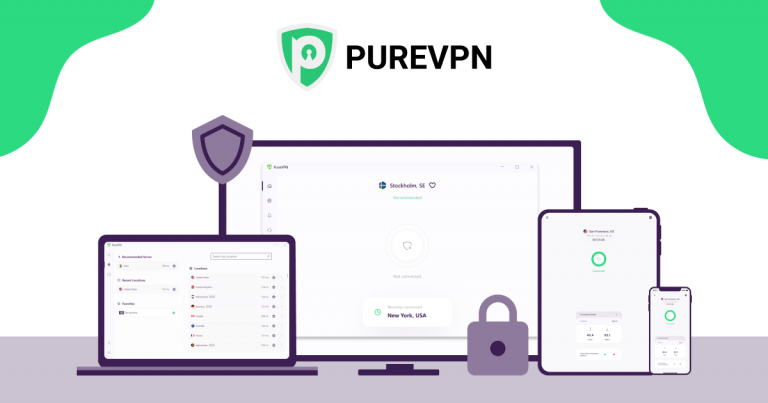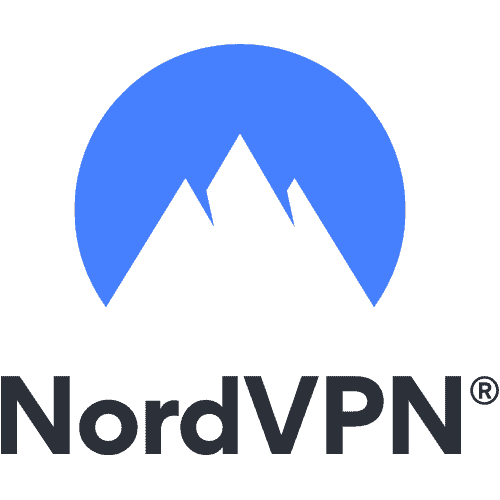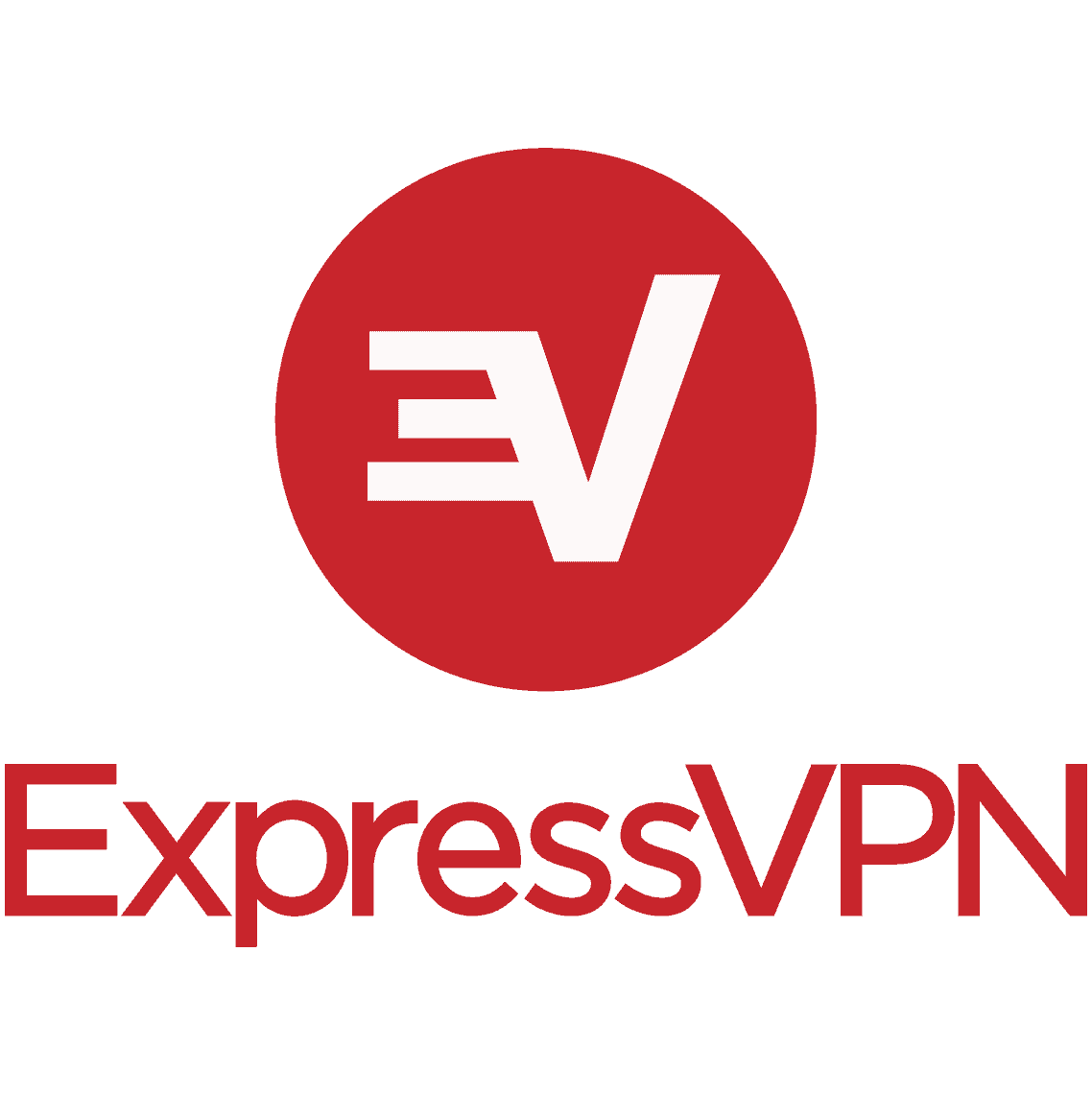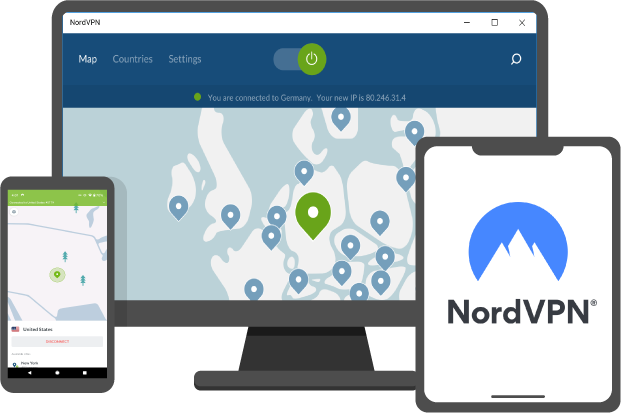A VPN is an internet protection service that creates an encrypted connection between devices and one or more servers. Virtual private network services can securely connect users to a company’s internal network or the public internet. Businesses usually use a virtual private network to provide remote employees access to internal apps and data or develop a shared network between multiple office locations. In both situations, the ultimate goal is to prevent web traffic, particularly internet traffic containing proprietary data, from being exposed on the open internet.
Why are virtual private networks necessary to accomplish this? When employees work in-house, they can connect their devices directly to the business’s internal network. However, if an employee works remotely, their internet connection to that internal network must take place over the public internet, potentially their internet traffic to on-path attacks and other techniques of snooping on important data. Encrypting that internet traffic with a business virtual private network keeps it safer from prying eyes. In this blog, TechNinjaPro will discuss what this business VPN is?
Best VPNs for Businesses
PureVPN is undoubtedly one of the best VPNs for business. Some of the best VPN services for Businesses:


ExpressVPN
Specialist business VPN popular with small and medium sized organizations.

What is Business VPN?
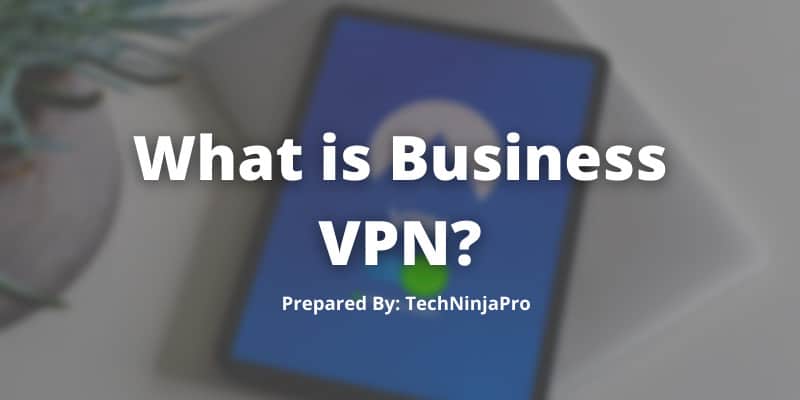
A virtual private network is a security solution that offers a tunnel between your business’s resources and the employees accessing them. In essence, only employees connected to the virtual private network servers can access the business resources on the network. Since this network tunnel is encrypted end-to-end, businesses need not worry about unwanted access or visibility into their network, ensuring complete protection and anonymity of all traffic. PureVPN is designed specifically for businesses, allowing you to mitigate risk and safeguard your business against cyber threats.
What are the different types of business VPN Services?
There are two types of business virtual private networks: remote access VPN services and site-to-site VPN services.
Remote Access VPNs
A remote-access virtual private network creates a connection between individual users and a remote network. Remote access virtual private network uses two key components:
- A network access server is a dedicated server or a software app on a shared server that is connected to the business’s internal network.
- Software installed on a user’s device.
When users wish to access the business’s network, they activate their virtual private network app, establishing an encrypted tunnel to the NAS. This encrypted tunnel allows the users to access the internal network without their internet traffic being exposed.
Site-to-site VPNs
Site-to-site virtual private networks create a single network that is shared across multiple office locations, each of which can have various individual users. The virtual private network app is hosted on each office’s local network rather than on individual users’ devices in this model. In this way, users can access the shared network without using a virtual private network client individually.
How are business VPN services different from consumer VPN services?
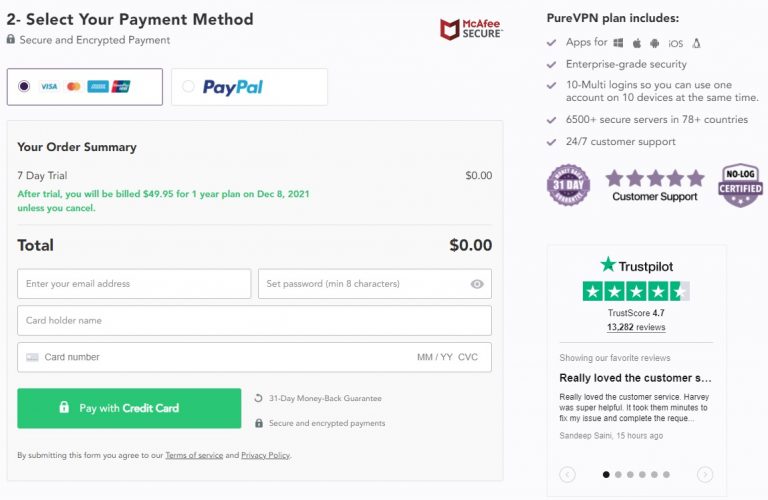
Business virtual private networks and consumer-oriented virtual private networks work similarly in that both create an encrypted connection with a remote network. The primary difference lies in why they are used. A business virtual private network lets users and teams connect their business’s internal network. By contrast, a commercial virtual private network connects the user to a remote server, which interacts with the public wifi on the user’s behalf.
What are the limitations of using a business VPN to protect remote employees' access?
When a virtual private network is used as intended and uses updated protocols, it can efficiently encrypt internet traffic between remote employees or teams and their business’s internal network. Additionally, virtual private networks are cheaper and easier to manage than legacy solutions like buying a secure line from an internet service provider. However, virtual private networks also have limitations. Below are some limitations:
Security risks: if a cyberattacker gains access to a remote employee’s virtual private network credentials, that attacker will access all apps and information on the corresponding network.
Latency penalties: if a business uses a cloud-based virtual private network, their NAS exists in a data center in a different location from its internal network. This additional step adds latency to every single request between employees and the network.
Cloud complexities: Many business apps are hosted in the cloud instead of their internal network, making them incompatible with virtual private networks. Those apps typically use their own security tools to ensure secure access.
Mounting costs: If a business uses an on-premises NAS to connect with its employee’s VPN app, the business must regularly replace that hardware to make sure it can withstand the latest cyber threats. A similar situation arises if employee virtual private network usage outstrips the NAS’s capacity to handle internet traffic.
Management time: Virtual private networks need a lot of effort to maintain, especially if a business uses more than one virtual private network to offer different types of access to different types of employees.
What can a PureVPN business do?
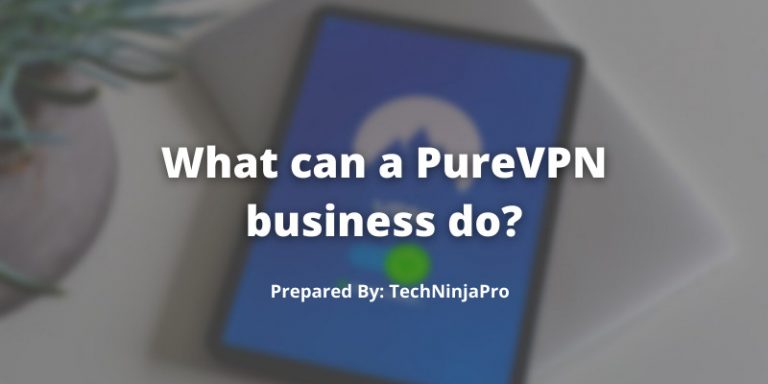
Scalable for all sizes
PureVPN was designed from the ground up to be a scalable solution with adaptability in mind. The security solutions PureVPN offer scale with your business, not the other way around. From start-ups with ten people to large companies with thousands of employees.
Seamless integration into corporate networks
No one needs to spend more time setting up their solutions than using them, which is why PureVPN allows for seamless integration into pre-existing business infrastructure. No added hardware is needed.
Facilitate remote access
Workforces are becoming increasingly dispersed, which is causing headaches for IT teams entrusted with secure company resources. With PureVPN, your coworkers can use protected remote access to their work environments with ease.
Encrypted internet traffic
Make sure internet traffic within your business’ network remains protected. PureVPN’s business protects all traffic with advanced encryption standards, especially looking at your internet traffic’s contents and making it unreadable to unauthorized parties.
Secure endpoints
Modern businesses use different kinds of devices. Using a business virtual private network lets you ensure that every connection is protected, no matter if it is on a phone, tablet, laptop, or desktop.
Access global network
PureVPN employs servers in many countries all over the world, allowing you to act like a local.
FAQs
Setting up a virtual private network for your corporate network is pretty simple. By using PureVPN’s dedicated servers along with IP whitelisting, you can take control of who accesses your resources.
In general, a business virtual private network is used to protect access to business networks. A virtual private network does this by creating a tunnel between the user and the primary data center.
Businesses use VPNs for privacy and protection. The security of both your resources and employees is paramount. A business virtual private network helps to keep them both safe.
Conclusion
From the onset, PureVPN has been about freedom, quality, and choice of connectivity underpinning the majority of the countries where you can connect without any restrictions. Obviously, securing private business information is the main priority, so you need a virtual private network with the highest levels of security. PureVPN has grown into a vast virtual private network service that helps its users freely access data and content worldwide. PureVPN has defined the future of virtual private networks with more than 6500 servers, 300000 IP addresses based across 180 locations.

